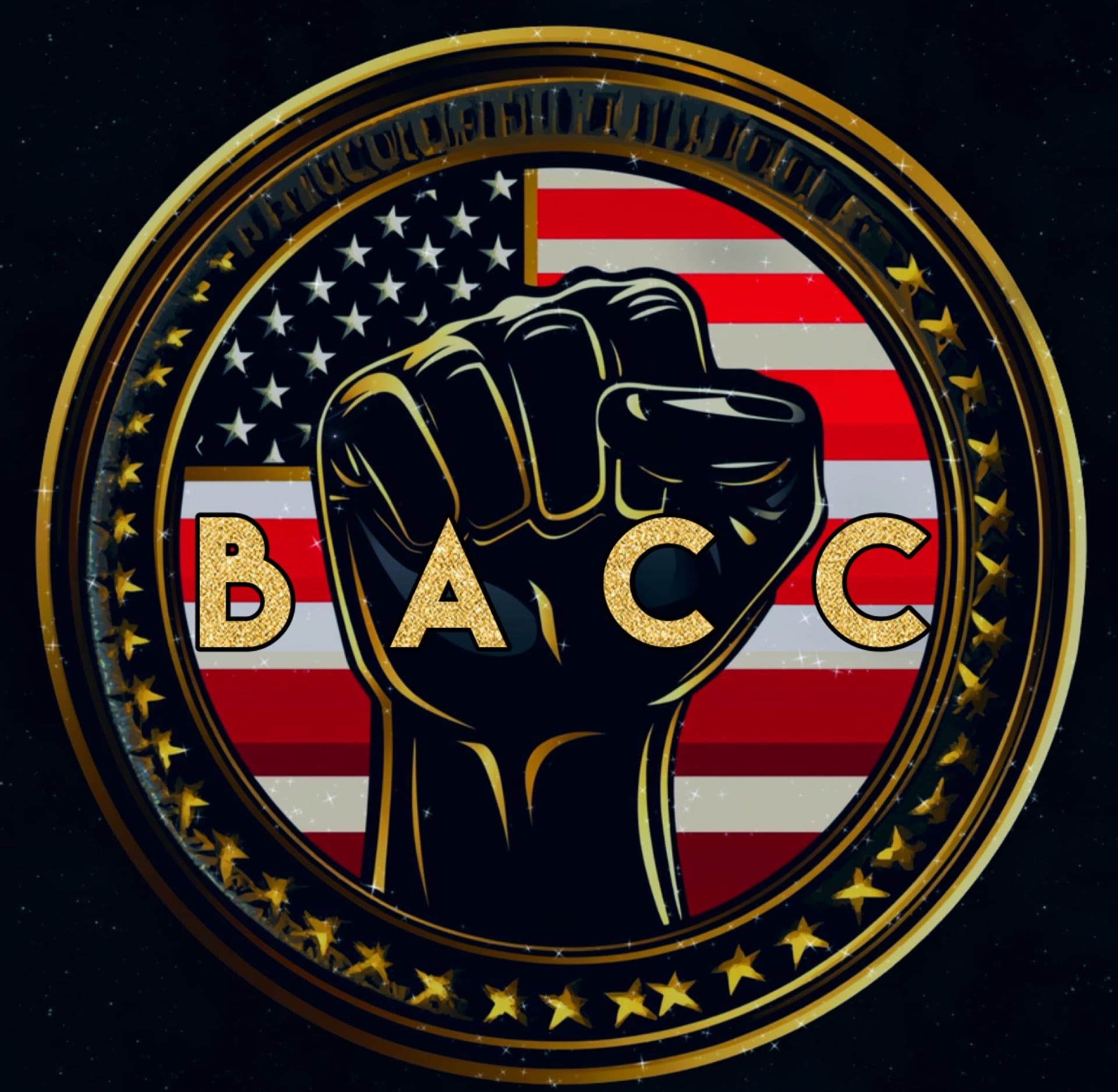If it make dollars, then it make sense!

The Power of Recycling Black Dollars: Strengthening Black Economic Prosperity
As Black History Month comes to a close, it is an important time to reflect on the progress Black Americans have made and the work that still needs to be done to ensure economic empowerment. One of the most impactful strategies for building and sustaining wealth in Black communities is the practice of "recycling Black dollars"—intentionally supporting Black-owned businesses, banks, and institutions to create a self-sustaining economy.
The Historical Context of Black Economic Disenfranchisement
The economic disparities that exist today are deeply rooted in historical injustices. From slavery to Jim Crow laws, Black Americans have been systematically excluded from wealth-building opportunities. Even during the Reconstruction era, when Black entrepreneurship was thriving, systemic racism and violent pushback, including massacres like the destruction of Tulsa’s Black Wall Street in 1921, crippled Black economic progress.
The racial wealth gap has persisted due to discriminatory lending practices, redlining, and employment barriers, making it difficult for Black communities to build generational wealth. However, economic self-determination remains a crucial path forward, and recycling Black dollars is a key component of that effort.
The Impact of Recycling Black Dollars
A dollar circulates in Asian-American and Jewish communities for about 20 and 30 days, respectively, while in the Black community, it circulates for only about six hours. This rapid outflow of Black dollars means that Black businesses do not receive sustained financial support from their own community, making it harder for them to grow and create jobs.
Recycling Black dollars can lead to:
- Job Creation: Supporting Black businesses leads to increased employment opportunities within the Black community.
- Community Development: Thriving Black-owned businesses can reinvest in their neighborhoods, improving schools, housing, and public services.
- Wealth Building: By banking with Black-owned financial institutions and investing in Black enterprises, Black Americans can create long-term economic stability.
- Economic Independence: Strengthening Black businesses reduces reliance on outside entities and builds a more self-sufficient economic structure.
How to Actively Support Black Economic Growth
- Buy from Black-Owned Businesses: Make a conscious effort to purchase from Black-owned restaurants, bookstores, clothing brands, and service providers.
- Bank with Black-Owned Financial Institutions: Depositing money into Black-owned banks ensures that funds are reinvested in Black communities through loans and business funding.
- Invest in Black Entrepreneurs: Support Black startups and businesses by investing in their products, services, or crowdfunding efforts.
- Encourage Corporate Accountability: Advocate for large companies to partner with Black suppliers and promote diversity in leadership roles.
- Educate and Empower: Teach financial literacy and entrepreneurship to future generations so that they can build wealth and sustain economic progress.
How?
Technology. Many of us are creating systems to share and distribute information on how to recycle Black dollars both locally and over the Internet. You just need to support these budding initiatives:
The BASS app: (my personal endeavor) galvanizes Black dollars through targeted spending and boycotting, "greenbooking," and highlighting/informing on local policy that affects our people. Currently in Beta.
The B1 Rolodex: (Brother Black Truth United) is actively doing God's work. He's built an online database cataloging, charting, mapping verified Black businesses.
The Freedmen's Legal Fund: (Arthur Watkins) is building out an online Freedmen's community and the services to address the community's needs.
The Black American Tribe: (VBABB) The TBAT Taskforce has been building a database in its Verified Black American Business Bureau. VBABB is also planning a first-of-its-kind conference where we can vertically integrate and bring customers, businesses, and vendors together.
The Future of Black Economic Empowerment
Recycling Black dollars is more than just a financial movement; it is a form of resistance against economic oppression and a commitment to community advancement. As we reflect on Black History Month, let us move forward with the mindset that economic empowerment is essential to achieving true equity. By making intentional choices with our money, we can create a legacy of financial independence that will benefit generations to come.
Let’s commit to supporting Black businesses not just in February, but every day of the year. The future of Black economic strength depends on it.





